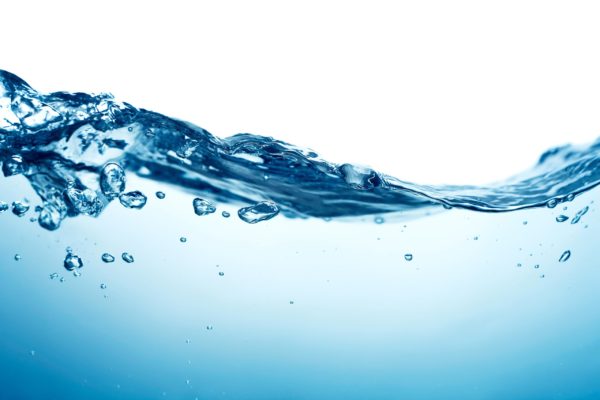
It’s the middle of summer and the weather is hot and sticky. You’re looking for ways to cool down, but your air conditioner is on the fritz. Is there some debris or dirt in there that needs to be cleaned out? You might be tempted to take a pressure washer to it to clean it off and get it running again. But is power washing your AC unit safe?
At IBBOTSON Heating & Air Conditioning Co., we understand that it can be frustrating to know that your AC unit is not working the way it is intended to when you need it. With more than seven decades of experience serving Arlington Heights and the surrounding areas, we are invested in providing our community with the best information when it comes to maintaining heating and air systems. In this blog post, we’ll explore the risks of power washing your AC unit and what you can do if it’s damaged as a result. We’ll also provide tips for keeping your AC unit clean without resorting to power washing.
The What and Why of Power Washing Your AC Unit
Power washing, also known as pressure washing, is a method of using high-pressure water to remove dirt, grime, and other debris from surfaces. It’s often used on the exterior of homes and businesses to clean siding, decks, driveways, and more. Power washing can be an effective way to clean large surfaces quickly.
When it comes to your AC unit, power washing might seem like a good way to get rid of any dirt or grime that has built up on the unit. However, there are some risks and consequences associated with power washing your AC unit that you should be aware of before you attempt it.
The Risks of Power Washing Your AC Unit
One of the main risks of power washing your AC unit is that you could damage the fins on the unit. The fins are thin, delicate pieces of metal that help to dissipate heat. If you use a pressure washer on your AC unit, there’s a chance that you could bend or break the fins. Once the fins are damaged, they will be less effective at dissipating heat and your AC unit will have to work harder to cool your home.
In addition to damaging the fins, power washing your AC unit can also damage the coils. The coils are responsible for transferring heat and they are very sensitive. If you use a pressure washer on your AC unit, you could end up damaging the coils and making them less effective. Power washing can also damage the compressor, which is responsible for moving refrigerant through the system. It is also a delicate piece of machinery. If you use a pressure washer on your AC unit, there’s a chance that you could damage the compressor and cause it to fail.
What to Do If Your Air Conditioner Is Damaged
If you have damaged your AC unit by power washing it, the best thing to do is call a professional for repairs. Attempting to repair the unit yourself could result in further damage.
Our certified technicians at IBBOTSON Heating & Air Conditioning Co. would be happy to look at your unit and make the necessary repairs. We also offer preventative maintenance plans that can help you avoid damages like this in the future.
Tips for Keeping Your AC Unit Clean
If you’re concerned about dirt and grime building up on your AC unit, there are some things that you can do to prevent it. First, make sure that you keep the area around your AC unit clean and free of debris. This will help to prevent dirt and dust from building up on the unit.
You should do your best to have your AC unit serviced regularly. During a service call, the technician will clean the unit and make sure that all the parts are in good working order. This can help to prevent build-up and keep your AC unit running efficiently. Something else you can do proactively is to purchase a cover for your AC unit to help protect the unit from the elements.
Get in Touch With Professionals
If you’re concerned about dirt and grime building up on your AC unit, or if you have any questions about power washing your AC unit, our team at IBBOTSON Heating & Air Conditioning Co. is here to help. We offer a variety of services, including repairs, maintenance, and installations. Contact us today to schedule a consultation!
